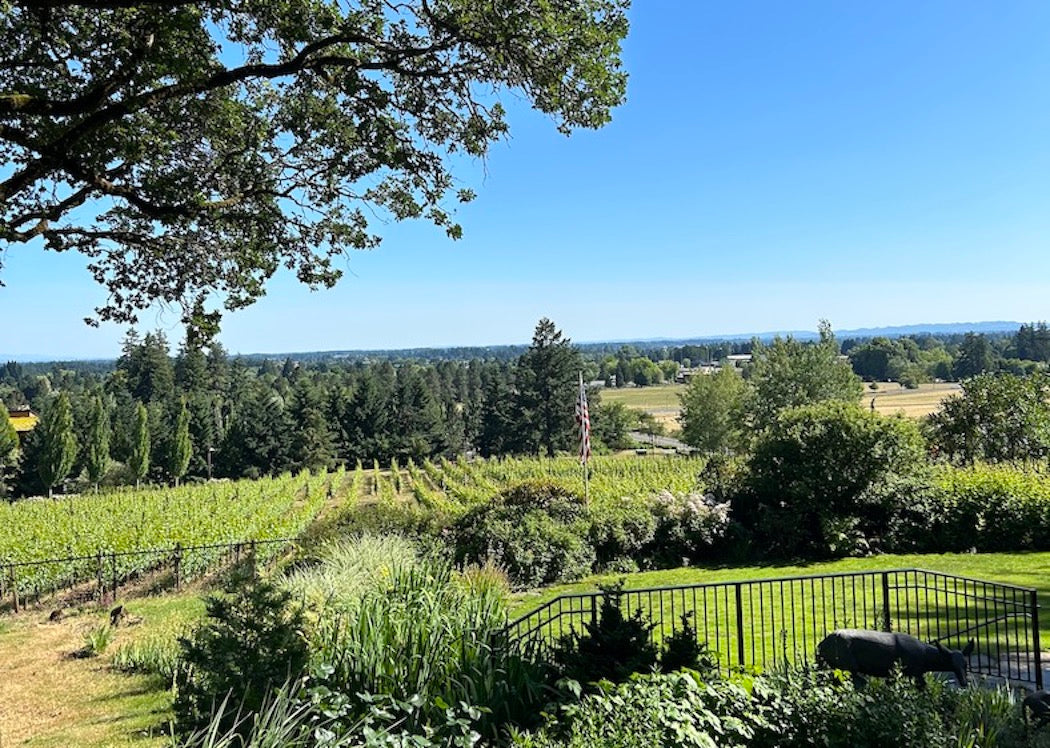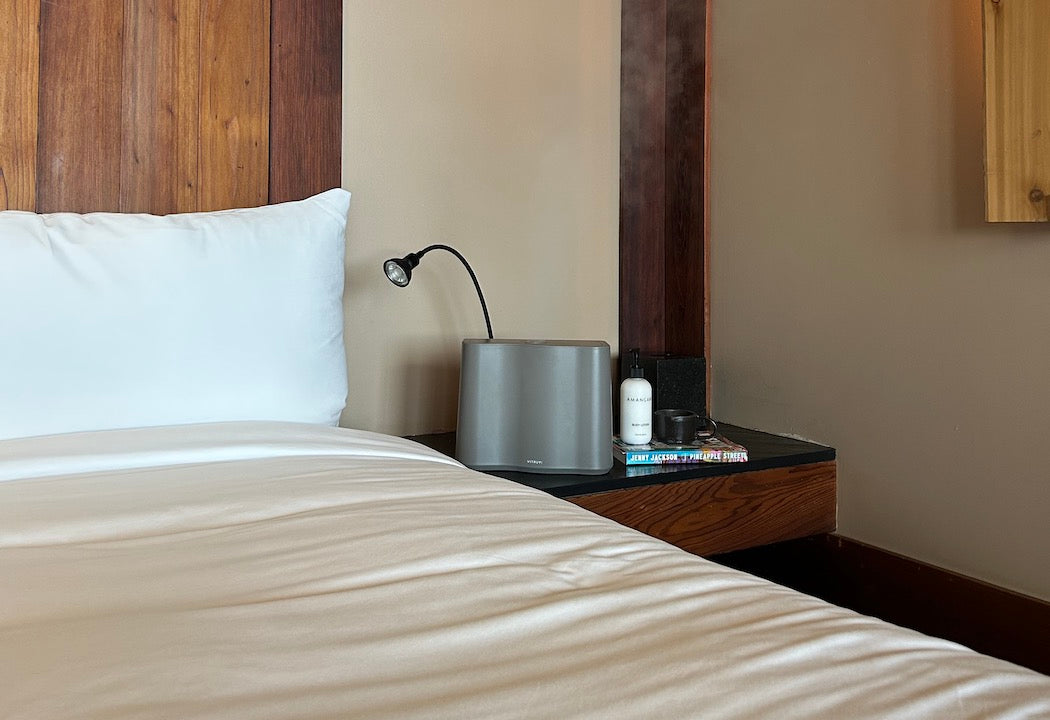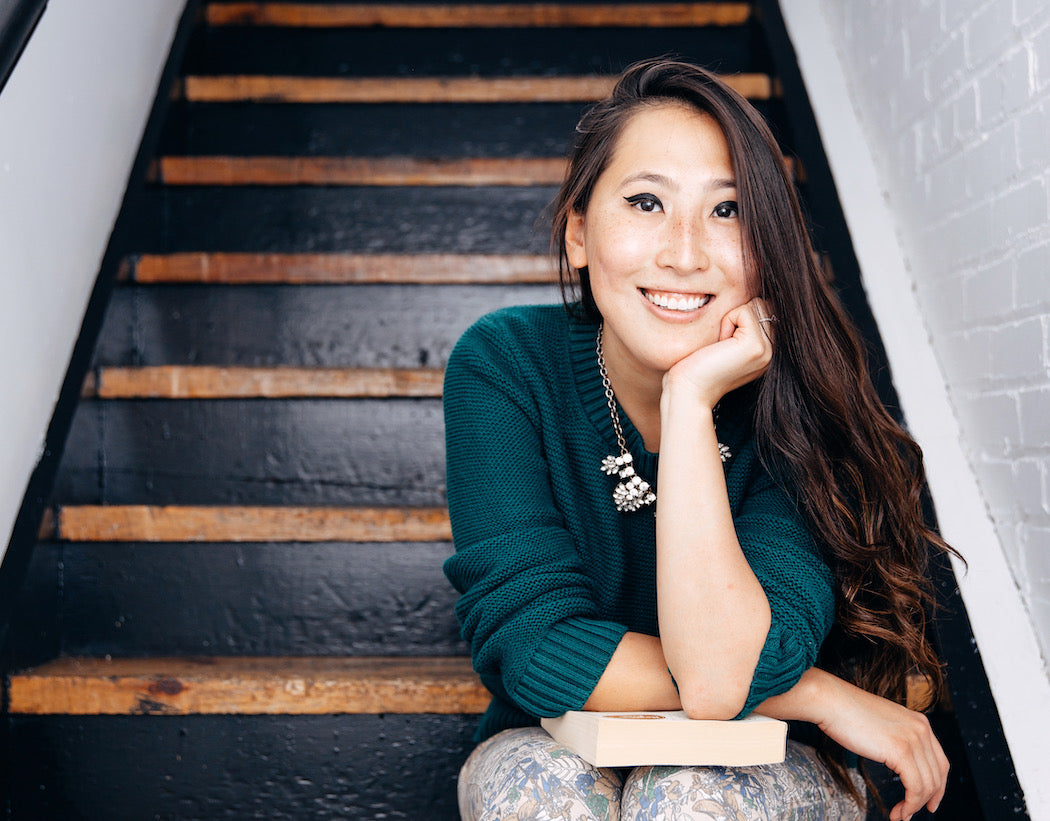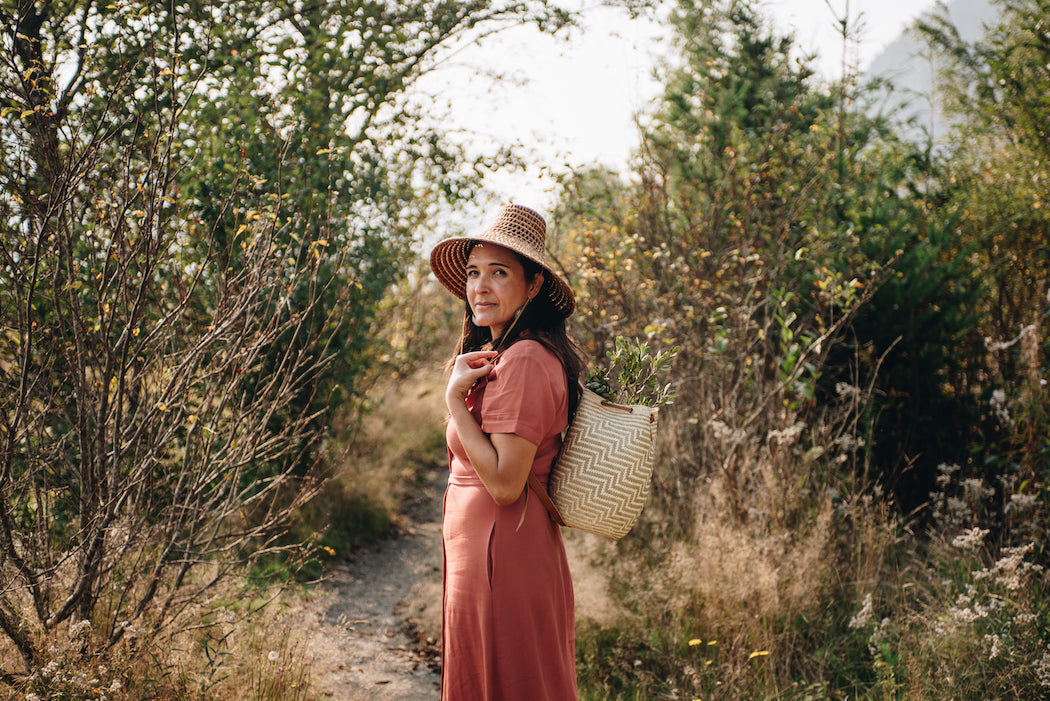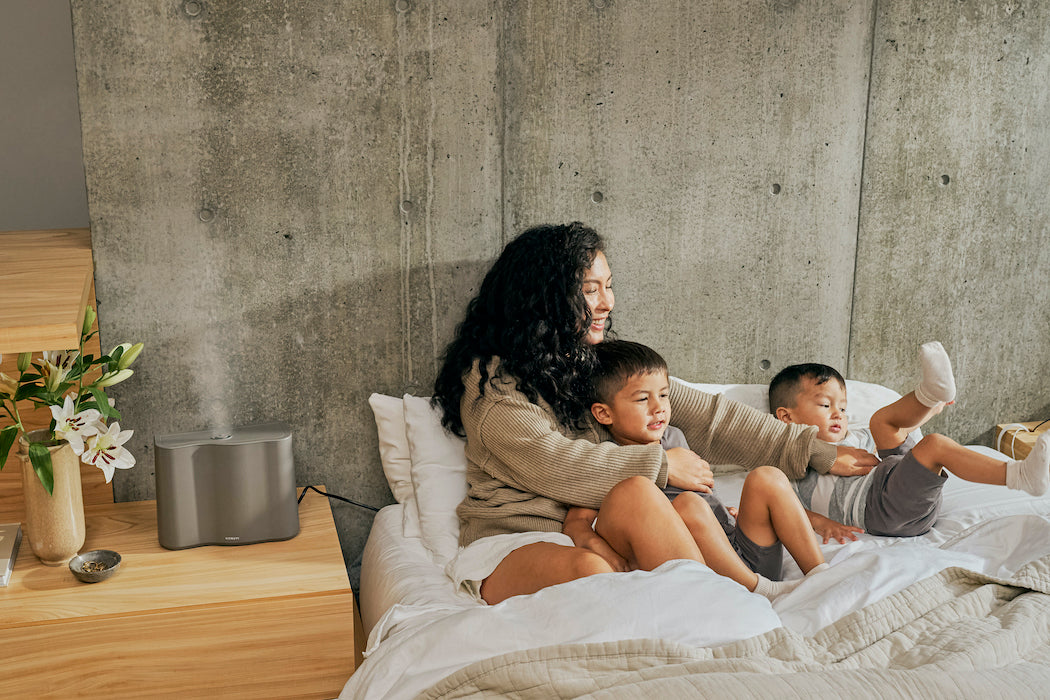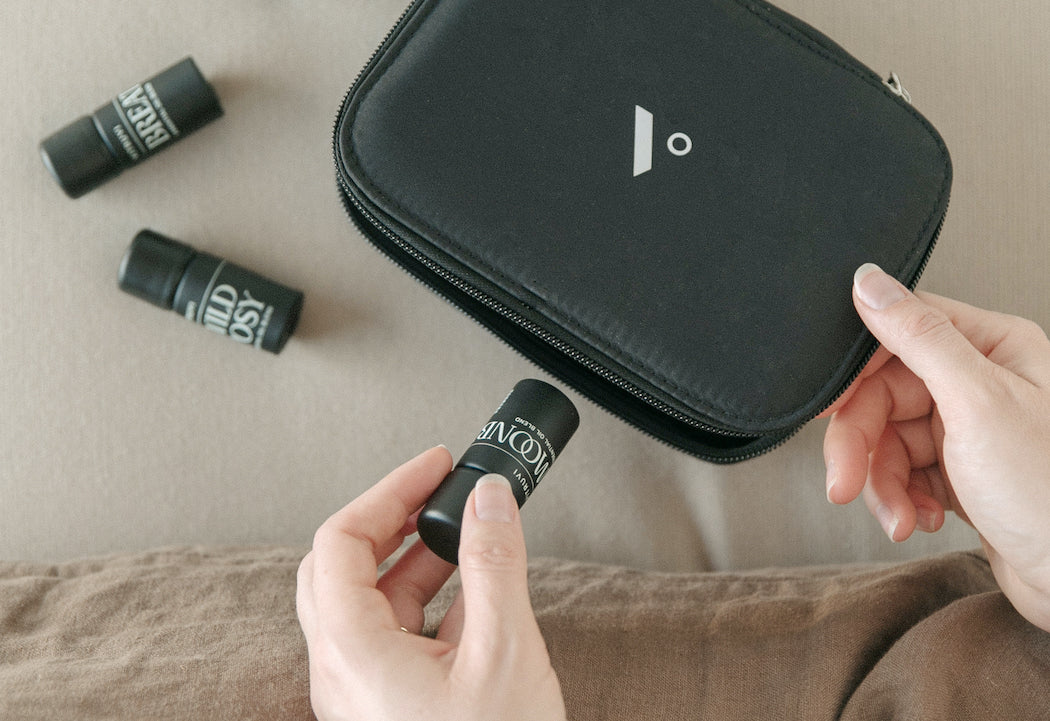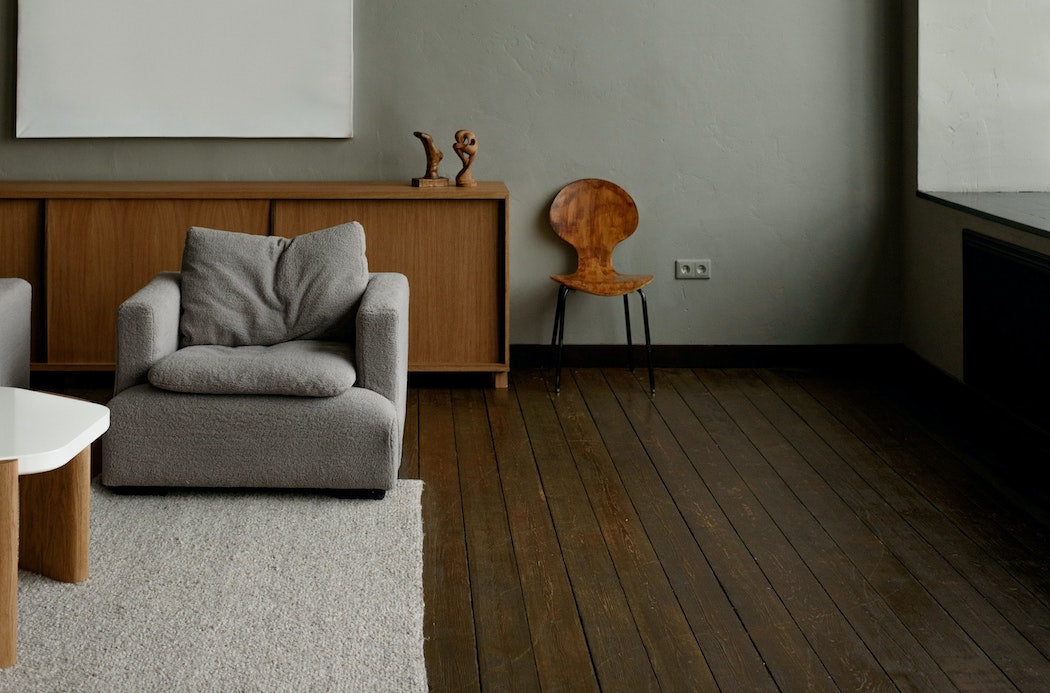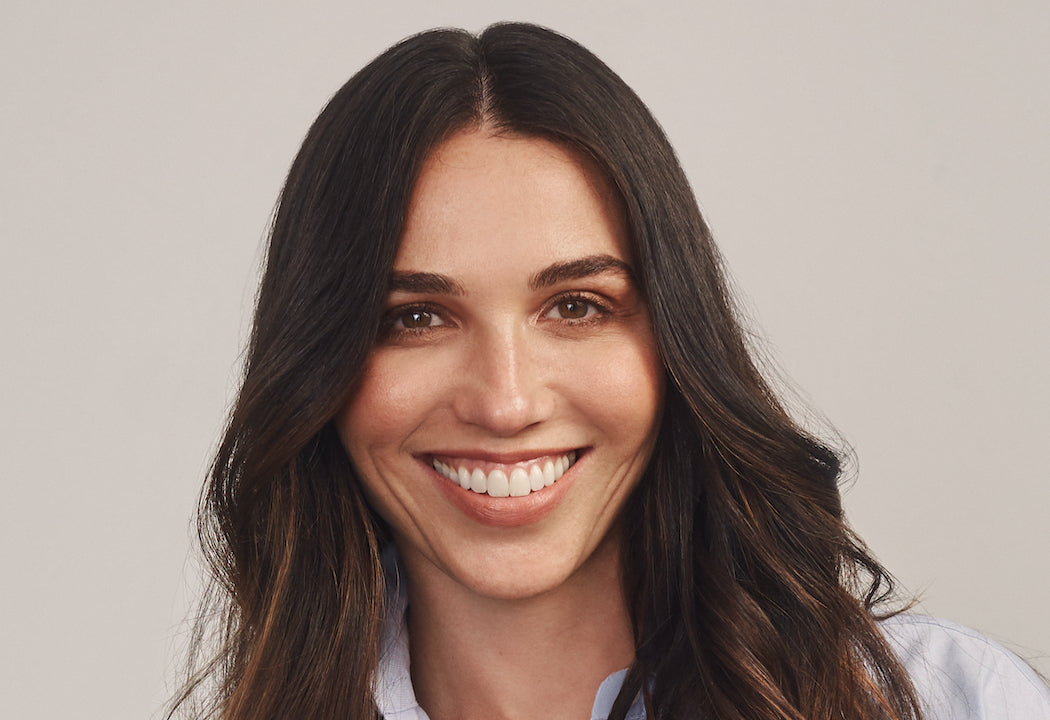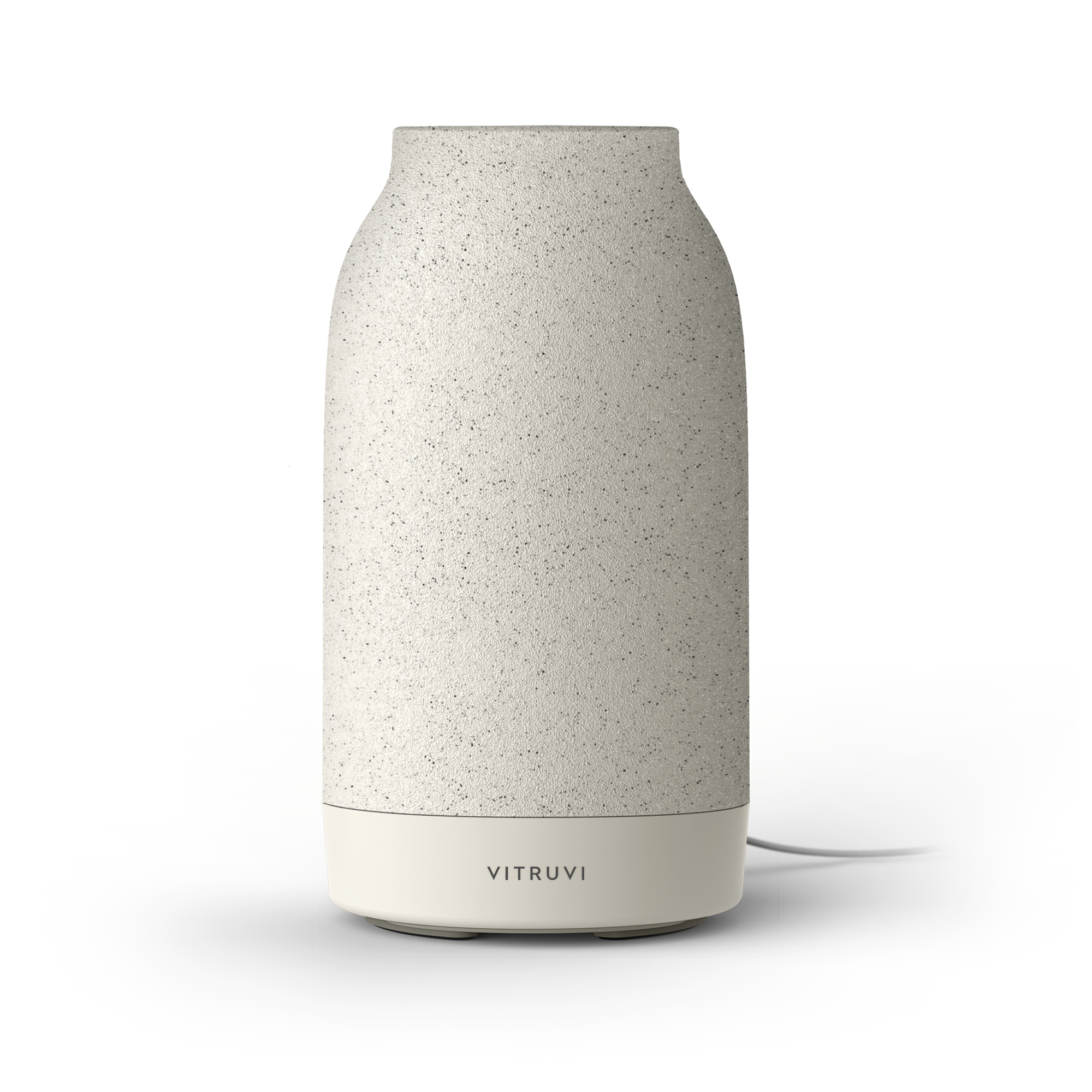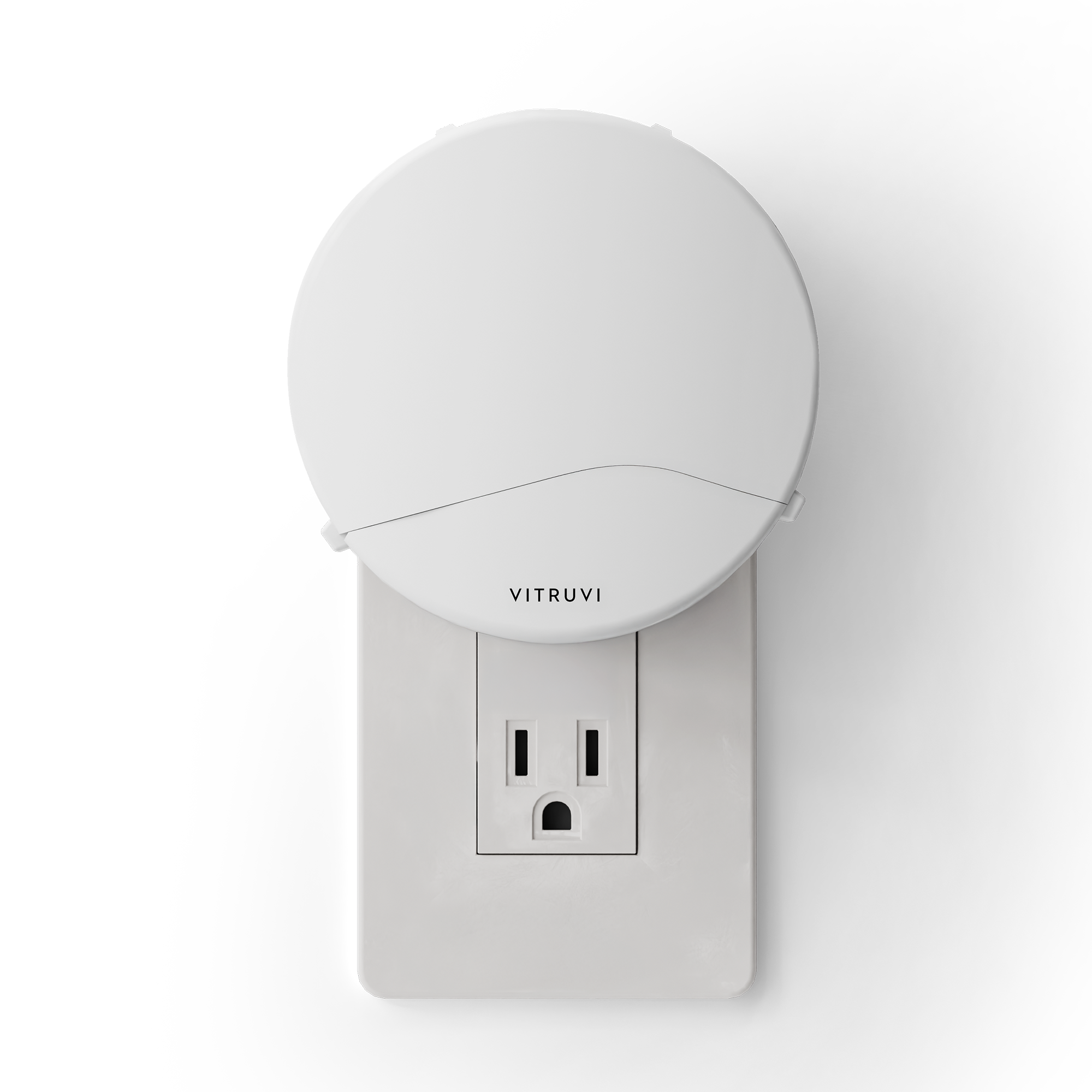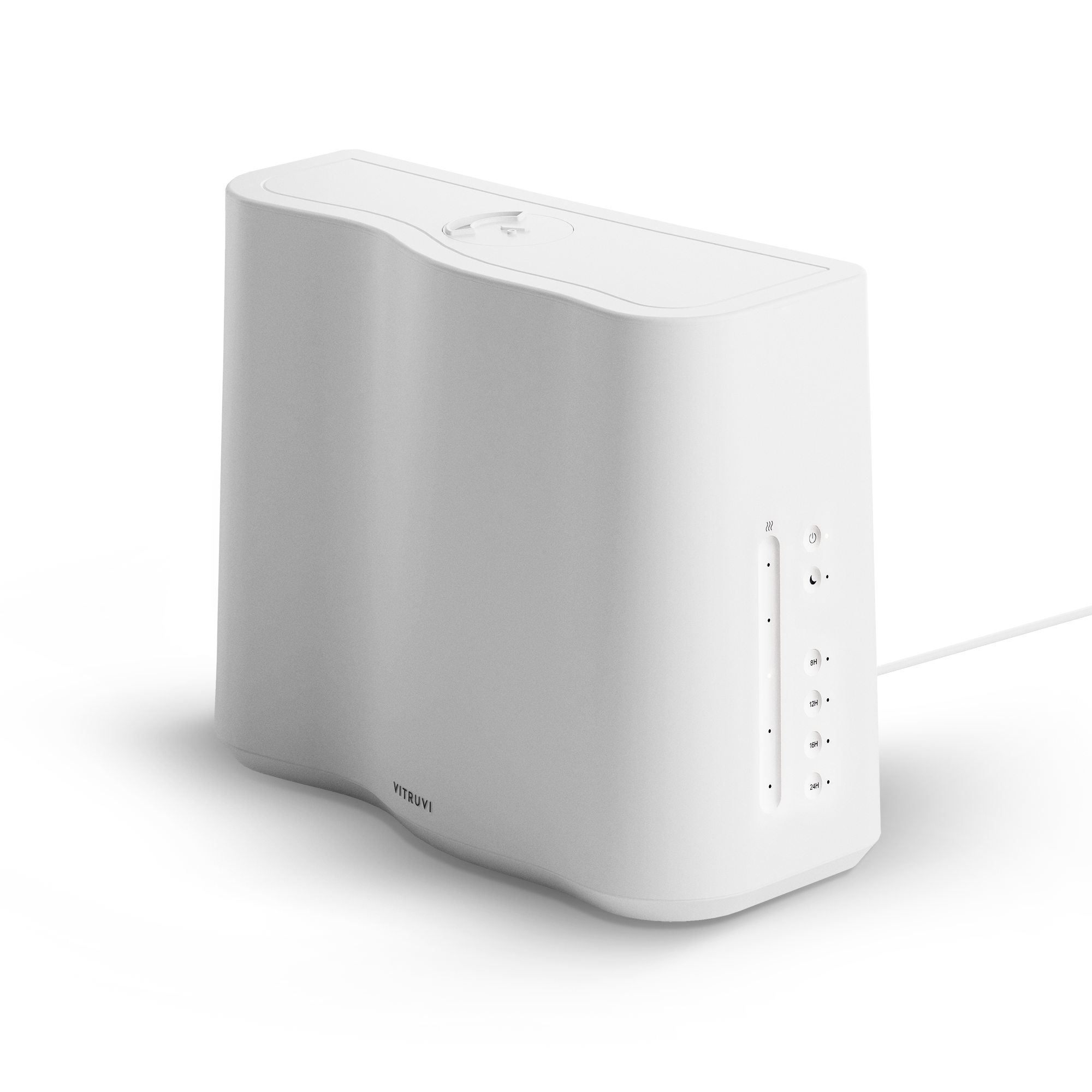“If I’ve learned anything on this journey, from a personal lens,” says Sophia Ahamed, “it’s that there’s a lot to come from doing difficult things and going through difficult things.”
Ahamed has experienced her fair share of such things. A few years ago, the Vancouver-based photographer and graphic designer went through something no one at her young age should have to: the death of a parent. “It was very sudden,” she says of losing her father. To make matters worse, just before his death, Ahamed’s mother fell very ill—and while she’s still alive, her health has never recovered.
“During that journey, a few friends of mine got seriously ill and passed away,” Ahamed continues via video, her calm, reflective demeanour juxtaposing her Iron Maiden t-shirt. “So that really fuelled me, because it changed my perspective on my health and myself and these new dynamics that were going on. So I turned to being creative, but it was from a deeper kind of solitude. It was a lot of transitions, and I think that it just made me observe the world differently—and through that, I felt a lot stronger.”
It shows in her work, which spans multiple mediums but retains a sense of clarity and empathy throughout. There’s her photography (which you might have seen on Instagram): dreamy, ethereal naturescapes depicting flowers, clouds, and moons bathed in rich blues, pinks, and purples. There’s her design studio, Monograph&Co: a contemporary creative agency working on branding for companies in hospitality and retail. And there’s One of Us, the collective she founded with two other local creatives to push the boundaries of styling and photography through highly conceptual publications.
From her sadness, incredible depth has bloomed. On a recent sunny Tuesday, Ahamed discusses toeing the line between fantasy and reality, spending time by herself, and how she stays inspired through her grief.
How has the coronavirus shutdown been for you?
I think from the studio perspective, it’s given me a lot more of a desire to make more human connections and have more empathy with people. And kind of take a look at myself and my own way of participating in the world and what I bring to the forefront. So I think that creates a deeper work ethic, a stronger work ethic—and when you can connect to your clients better, and connect to people better in a general sense, the work just gets stronger and has more forcefulness to it.
And for my own personal work on the photography and illustration side, it’s interesting—I think a lot of the play that you see in the work, a lot of the moon and cosmos kind of look, really came from this place of trying to look beyond the veil. What’s going on after a person passes, after someone reaches that point in their life? So it was a sense of curiosity and also a sense of healing.
You spend a lot of time alone processing your feelings and your emotions—what comes out of that? A lot of different things come out, and you can’t really plan it and you can’t really force it, it just happens. And I think I just sat there and had no choice but to let it happen while trying to build this company and trying to live. You have to keep going somehow. So yeah, I think that’s a product of healing and trying to step into this new way of living, new way of being.
Your photography definitely has this sense of awe and wonder, and also a humility and a power.
I try to bridge the gap between imagination and reality. It’s always this fine, blurred line: what is real and what is fabricated?
I think the work symbolizes, for me, anyway, just letting go. And every time you look at that sunset or the cosmos or the night sky or flowers and nature, you realize that you’re just part of this really big universe—that something’s bigger than you and you have to succumb to whatever the situation is and be a part of it, and document it.
How do you stay creative?
Just being outside, being outdoors. For me that doesn’t mean doing something grandiose like going on a massive hiking trip or something—it’s just literally going to walk in my neighbourhood. Ninety-nine per cent of my photos come from me walking around my neighbourhood, trying to clear my head. I think that’s the biggest thing, just getting out and not forcing it. Just going out, trying to be very free with it; you’re out there just to be outside and to look around. And to be exploratory. I think that’s where the creativity comes in: when you really notice things.
A lot of things you might see in my photographic work, if you saw it in real life, it’s really the tiniest little thing on a regular street that anybody could see. It’s not like I’m going out to these massive fields or anything. It’s just allowing yourself to have that childlike curiosity; I think that’s really important for everything we do, regardless of what industry you’re in.
Do you ever get creative block?
I think my creative block comes not from not being able to be creative, but from a business standpoint. I’m trying to keep things afloat or coming up to roadblocks from that perspective, where you have to think your way out of certain problems or try different things. That’s where the block happens for me mostly, as an entrepreneur.
But from a personal creative standpoint, I haven’t had much of it as of late, and I think it’s from spending copious amounts of time on my own. There’s a lot to glean from that: spending time on your own, a vast majority of time, just to figure out who you are and what you like. Trying to make something from very little.
Other than going for walks, what are some of the ways you spend time with yourself?
Lately I’ve been watching a lot of really bad ‘80s horror flicks. It’s so bad, but it’s so good because it’s so bad. The effects and the masks and the plotlines don’t make any sense, but gosh, it just gives me a lot. It’s a thing I do for myself, it’s a nightly treat. The set design, the costumes, the styling, even the way it’s been filmed—it’s very beautiful.
This interview has been edited and condensed.





